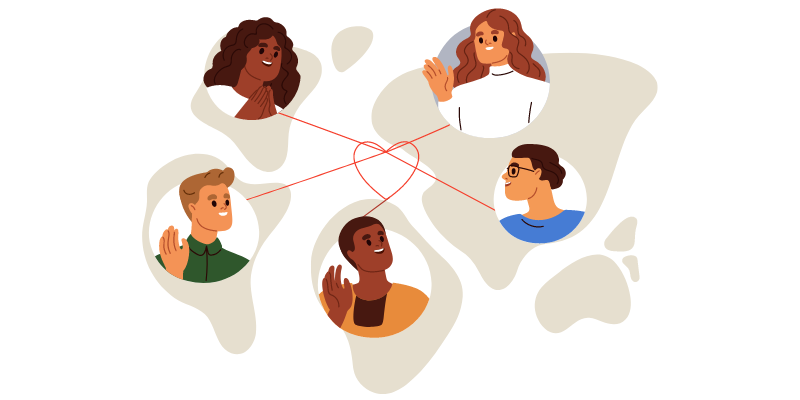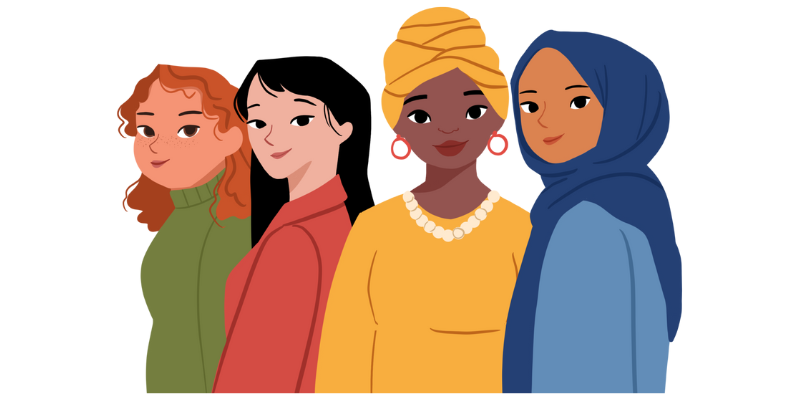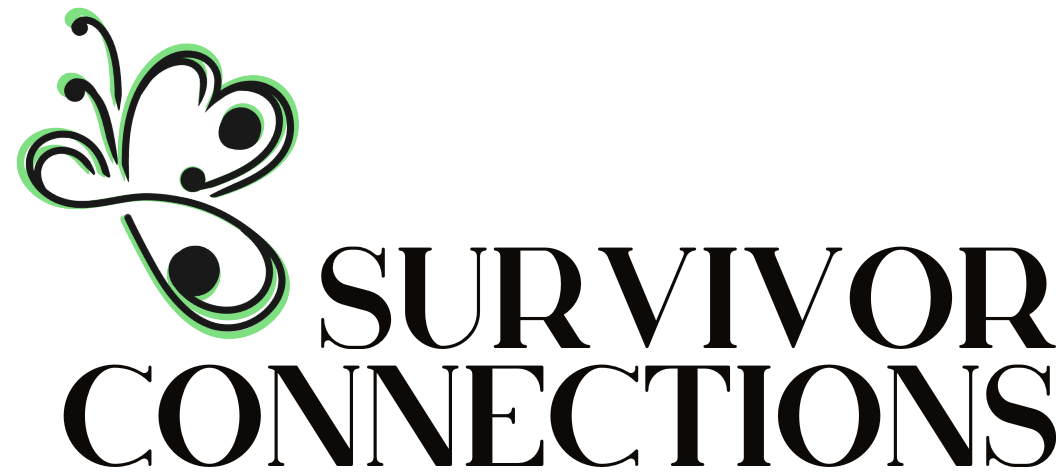Guidelines and Frameworks

Brave Space Guidelines
In any shared space it is difficult to guarantee complete safety. There will always be opportunities for trauma, miscommunication and unhealthy power dynamics.
In order to address some of these issues, survivors often use some guidelines to shape the way we interact so that can create a space that is as safe and empowering as possible. We aim to share this space bravely, and with empathy.
Click on each guideline to learn more.
1. We acknowledge diversity
We recognise that survivors come from diverse backgrounds and experiences, including different genders, sexual orientations, races, ethnicity, cultures, religions, abilities, and socio-economic backgrounds. We understand that modern slavery encompasses a broad range of situations, and that people may identify with different terms to describe their lived experience.
We aim to create a safe space where everyone feels valued and heard.
2. Enable learning
There may be instances in which someone may not have the knowledge or experience to be sensitive. We hope that people can share in a way that promotes education and empathy.
As survivors, our opinions often come from a place of pain, but we encourage people try and be open to the possibility that someone else pain may make them see things differently.
At Survivor Connections we aim to learn from each other and hold space for different views and opinions with empathy. Sometimes we will make mistakes, but we always aim to learn how to be more respectful.
3. Caring language
The use of language is crucial in creating an inclusive environment. Please let us know if you would like to be addressed by specific pronouns or language describing lived experience, such as victim, victim-survivor, or survivor.
Let us know if there are other ways in which we can use language or tools that makes things safer for you. Regardless of how we choose to identify, the language we use should never invalidate or minimise someone else's experiences of abuse, or take away their choice to identify as is right for them.
4. Avoid assumptions and Comparisons
It's important to avoid assumptions about each others' experiences, feelings, perspectives or identities. We can never assume to know someone's entire story, and are privileged to bear witness to what someone chooses to share. Making assumptions can cause pain and alienation as we can never fully know someone's experience. Rather, we aim to allow others to share their experiences in their own words, and respect their perspectives and feelings.
It can be hurtful to compare experiences of trauma. We are all impacted by trauma in different ways, and comparisons can cause people to feel invalidated in their experiences.
Use ‘I’ or ‘me’ statements rather than ‘we’ or ‘all survivors’ when sharing. Avoid using absolutes ie 'no one has experienced....')
5. Respect boundaries
Survivors may have different comfort levels when it comes to sharing personal information or experiences. It's important to respect everyone's boundaries and avoid pressuring them to disclose more than they are comfortable with.
6. Create a safe space
A safe space means that we can share our experiences and feelings without fear of judgement or criticism. We also want to make sure that we are considering each other’s wellbeing at all times.
We ask for respectful communication, even when we disagree.
We also ask that people provide content warnings, and check in regarding the ground rules for discussion , i.e. is it an appropriate time to disclose abuse in detail, or is that better done at another time.
7. Address power dynamics
Power dynamics can emerge in any group setting, and it's important to be mindful of how power is distributed. We want to make sure that all survivors have equal opportunities to participate and contribute.
If you have done a lot of talking, ensure that someone else has a chance to share. We all know how painful it has been when we felt we were silenced for a long time, so let’s make sure that everyone feels heard in our spaces.
8. Shame sensitive approach
Many survivors feel a lot of shame and safe-blame around their experiences of trauma. Be aware of language or attitudes that perpetuate harmful stigma, stereotypes, or victim blaming. For example:
- "Why didn’t you just leave?"
- "You are just attention-seeking!"
- "It’s your fault for making bad choices."

Published Frameworks


